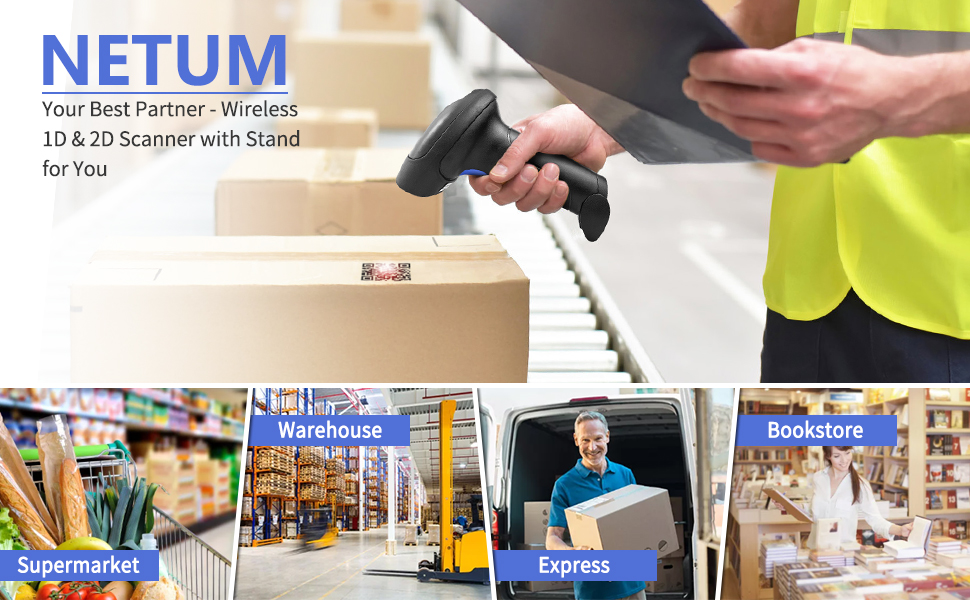Can smartphones replace barcode scanners? The answer to this question depends on the specific usage scenario. In daily life, smartphones have long assumed the basic scanning function, but in the professional field, it is still difficult to shake the status of barcode scanners.
In personal consumption scenarios, smartphones are more than enough to scan barcodes. When comparing prices in supermarkets and paying at convenience stores, open the scanning function of WeChat or Alipay, aim at the product barcode or payment code, and complete the recognition within one second. This low-frequency and simple demand does not require special equipment. The megapixels and basic decoding algorithms of mobile phone cameras are enough to cope with it.
Mobile phones can also handle temporary operations of small merchants. When community convenience stores occasionally count inventory and individual stall owners check goods before closing their stalls, they use APPs such as "Quick QR Code" to scan barcodes, which can not only record data but also query information online, saving the cost of purchasing professional equipment. For scenarios where the daily scanning volume is less than 100 times, the portability and versatility of mobile phones are more advantageous.
But in high-frequency cashier scenarios, the shortcomings of mobile phones are immediately apparent. Supermarket checkout counters need to process more than 10 transactions per minute. The barcode scanner can automatically sense the barcode and decode it instantly, while the mobile phone needs to be manually aimed and wait for focus, which takes at least 2 seconds longer for each order. During peak hours, this efficiency gap will directly affect the length of the queue and customer experience.
In industrial environments, mobile phones are even more difficult to replace professional barcode scanners. When taking inventory in the warehouse, the dusty barcodes and stacked tilted packages frequently cause the mobile phone camera to lose focus; the assembly line barcode scanning needs to switch between strong light and dark light. The barcode scanner's fill light module and anti-interference chip can work stably, while the mobile phone will frequently report errors due to light changes.
The difference in durability is also obvious. The barcode scanner in the logistics sorting center can still operate normally after being dropped and bumped dozens of times a day, and the IP68 waterproof rating allows it to work even on rainy days. If a mobile phone is used in a similar environment, the probability of screen shattering and water damage is extremely high, and the battery life cannot last more than half a day of high-intensity barcode scanning.
In the final analysis, smartphones are "all-rounders" in the field of barcode scanning, but not "specialists". While it can meet everyday needs, it often takes a backseat to barcode scanners in professional scenarios. Ultimately, the choice of tool should be based on actual needs. If you have specialized scanning requirements, we can provide professional scanning solutions tailored to your needs. Netum is a high-tech enterprise specializing in the intelligent barcode scanning industry. With 15 years of experience, we have focused on providing customers with high-quality intelligent identification product solutions. Our main products include: barcode scanners, 2D barcode scanners, scanning platforms, wearable barcode scanners, DPM metal recognition scanners, long-range high-precision barcode scanners, industrial IP67 waterproof barcode scanners, embedded scanning modules, and fixed high-speed barcode scanners for assembly lines.


